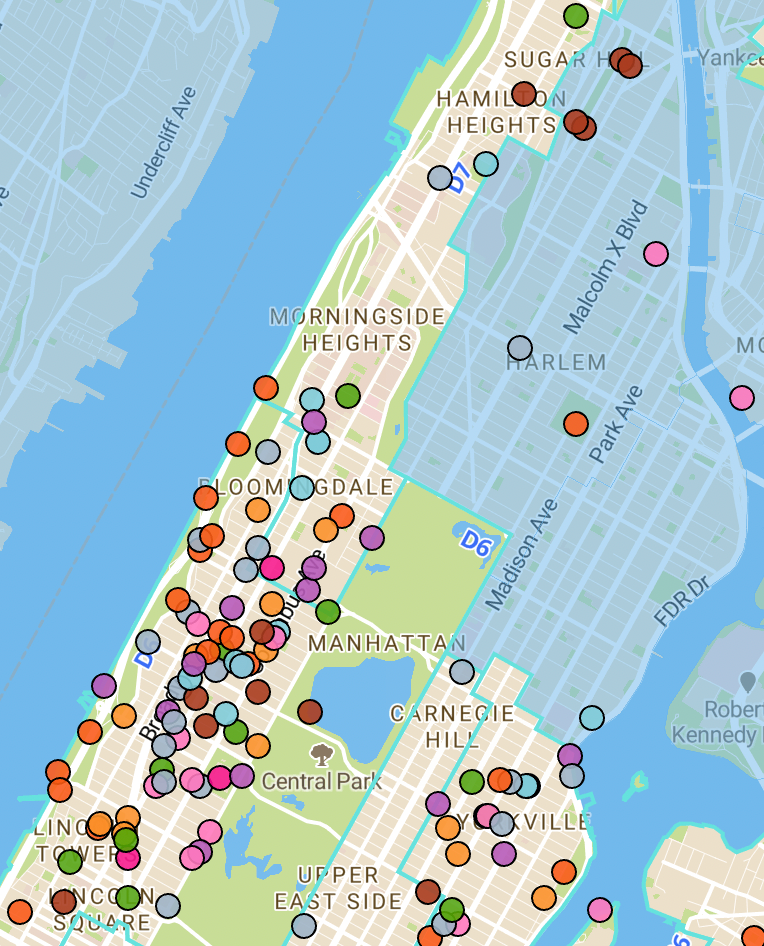Tag: Participatory Budgeting
-

HNBA Meeting Recording
If you missed HNBA’s meeting on Tuesday night, here’s the recording: Topic: HNBA MeetingDate: May 9, 2023 06:48 PM Eastern Time (US and Canada) View Detail Share You can copy the recording information below and share with othershttps://us02web.zoom.us/rec/share/kC0b8a4E4LS8R902tcBRvsuE27Fgdv1aRsGlY2sAm1a3Toq4D09aO0HMBrNlFUae.zgYLDM2eB1BnNTuxPasscode: =UEbdm=0 Spring Cleanup on Malcolm X Saturday, May 20th. Malcolm X Blvd. and 140th Street. Participatory Budgeting Slideshow…
-

The Other Harlems
No, not the Haarlem in the Netherlands, the Harlems in Georgia, Montana, Florida, and Illinois. This project doesn’t account for neighborhoods but only takes into consideration counties or towns. Thus our Harlem isn’t in the running. The population numbers of America’s other Harlems is interesting: If you’d like to test drive another location, here’s the…
-

The Harlem Casino
Gambling and entertainment in Harlem’s finest casino. Built in 1889, this was the place to be seen in the late Victorian era. And this is the view, today: A fascinating transformation. Ballot Initiatives The election is coming up and we need to flip the ballot! “People hear me saying all the time: Flip the ballot.…
-

No Participatory Budgeting
Council Member Kristin Jordan Does Not Apply for Participatory Budgeting Funds Harlem’s City Council Member Kristin Jordan has not applied for Participatory Budgeting money. As a consequence Harlem residents will not be able to propose exciting community projects that should be funded, nor will they then be able to democratically choose which of the proposed…
-

One Bedroom Heat Map
Zumper.com has a new heat map out that identifies the most/least expensive parts of Manhattan to rent a one-bedroom. The most expensive neighborhoods are Chelsea – $5,120 Tribecca – $5,000 Nolita, East Village, and Lower East Side – $4,890 Inwood – $1,735 Washington Heights – $2000 East Harlem – $2,355 To see the detailed heat…




